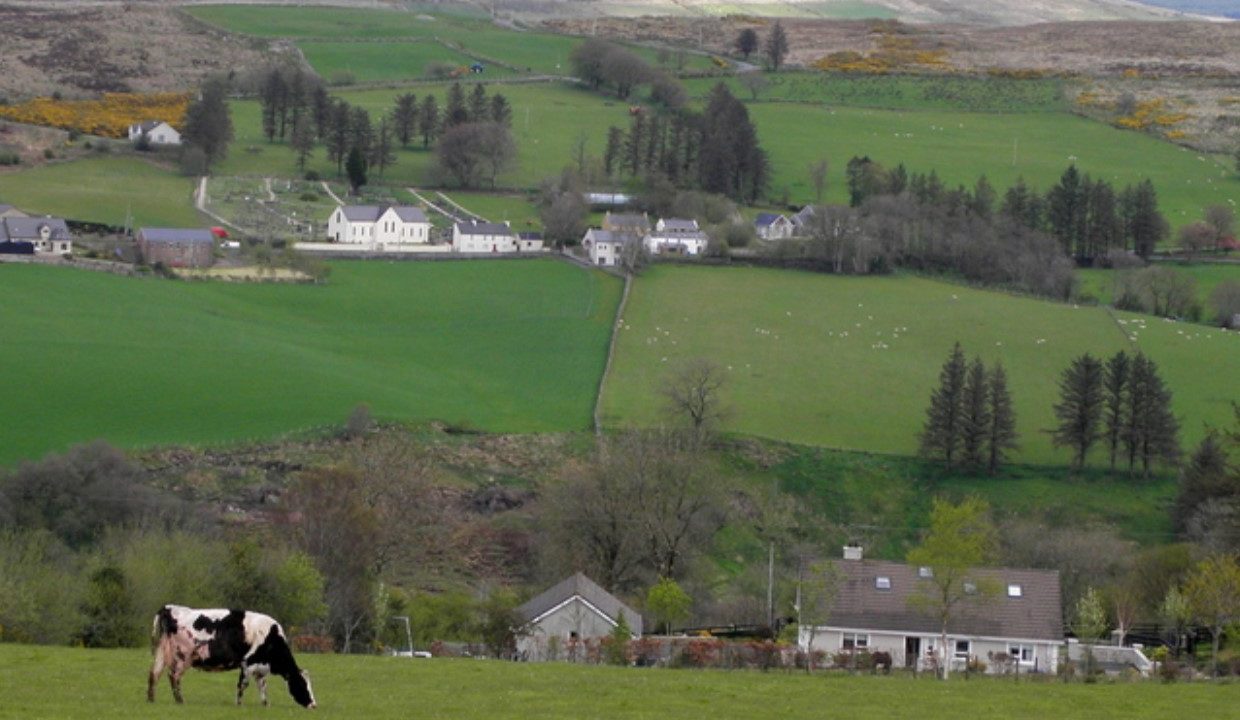EU agriculture ministers have called for solutions aimed at attracting young people, including young farmers, to rural areas.
The issue of generational renewal and the negative impact of demographic changes on rural areas, including depopulation, have been addressed by ministers.
Facilitating young people’s access to funding and land, providing work and training opportunities, and involvement in local decision-making have been proposed by ministers.
The council of ministers agreed on a long-term vision aimed at creating stronger, connected, resilient, and prosperous rural communities in the EU by 2040.
Member states have been encouraged to further develop strategies to the benefit of rural areas and communities during a council meeting yesterday (Monday, November 20).
Agriculture
Rural areas across the EU make “key contributions” to the economic strength of the EU, the green and digital transitions, and climate action, the council said in its agreed conclusion.
The role of rural areas in ensuring sustainability and food security, and in preserving the cultural heritage of local communities has been highlighted by the ministers.
The council considers it a “priority” to further build agricultural, forestry, and rural resilience to face demographic, economic, climate, and environmental challenges.

The conclusion stresses the importance of agriculture, including in terms of ensuring the open strategic autonomy of the EU’s food systems, and reducing external dependencies.
Minister for Agriculture, Food and the Marine, Charlie McConalogue described farmers, fishers, and foresters as the “bedrock of the rural economy”.
Speaking at the council meeting, the minister said that European farmers face ongoing challenges to provide food while ensuring environmental sustainability.
“We must ensure that the vital role played by farmers, fishers, and foresters as the bedrock of the rural economy is recognised as we develop policies for rural areas.
“They are at the heart of rural and coastal communities,” Minister McConalogue said while highlighting the need for all EU policies to support rural communities.
EU rural areas
Further challenges including gender gaps, limited connectivity, underdeveloped infrastructure or a lack of adequate employment opportunities are also highlighted in the text.
The council considers that supporting measures are needed to help create new work opportunities, including in farming, and better involve women in decision-making.
Ministers stressed the importance of local action groups within the LEADER initiative and the “bottom-up” approach when implementing community-led local development strategies.
In terms of the digital transition, innovation and connectivity, including broadband coverage, EU agriculture ministers said that training opportunities are “crucial”.
The importance of investments from EU, national, regional, and local sources for realising this long-term vision has been recognised during the meeting.
The conclusions provide political guidance to the European Commission and member states on their future actions in support of rural areas.
